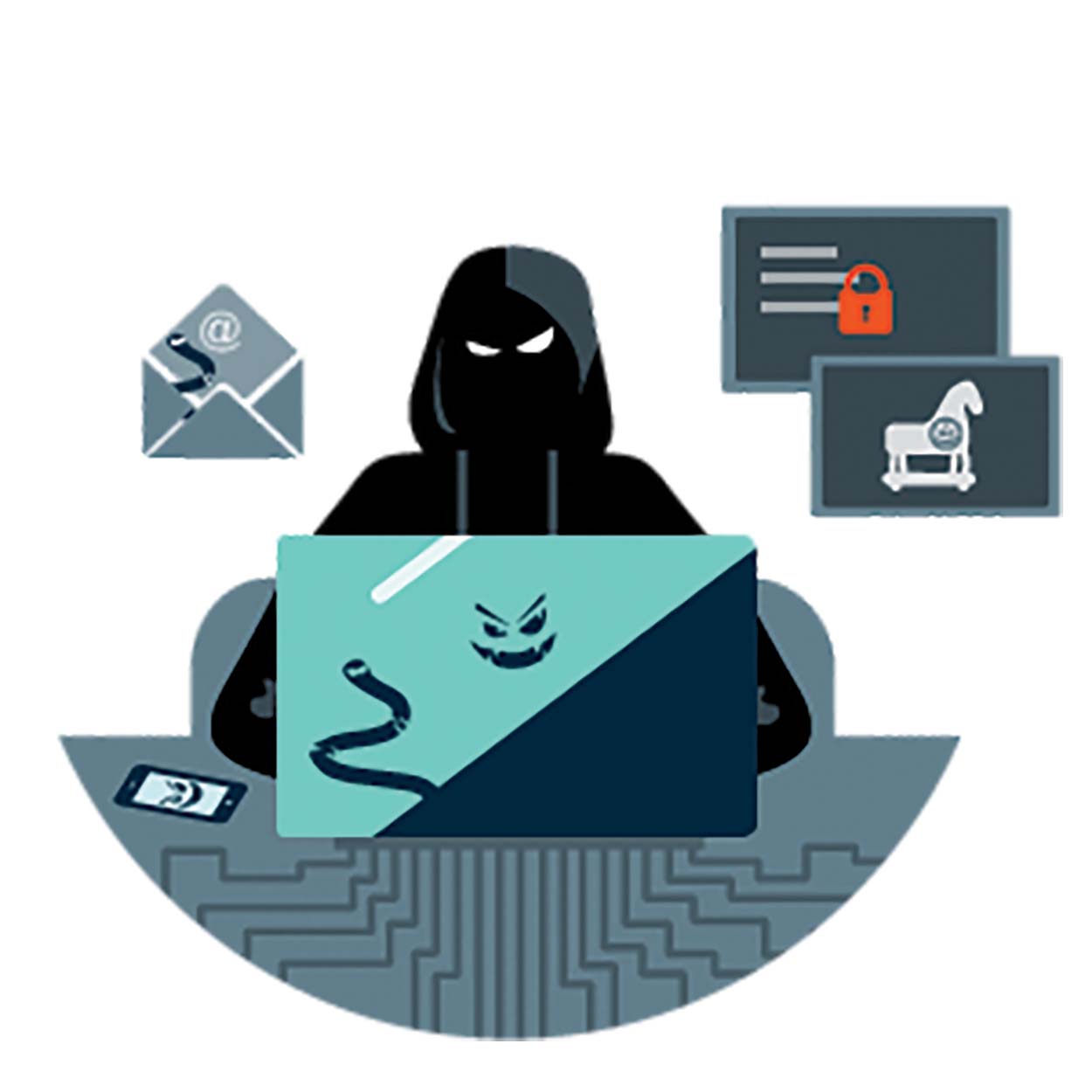Motsamai Mokotjo
In the modern age of information, where the boundaries between the public and private spheres blur, the role of media is more significant than ever.
Broadcasting, in particular, holds immense power in shaping public opinion and influencing social discourse.
With this great power comes great responsibility, and the Broadcasting Code of 2022, a set of guidelines designed to regulate the conduct of broadcasters, seeks to strike a delicate balance between freedom of expression and maintaining societal order.
One intriguing aspect of the Code that has garnered both attention and controversy is Section 21(2), which states that a broadcaster “shall not broadcast crime combating activities that are underway and shall consult the Commissioner of Policeâ€.
In this opinion piece, we will explore the implications and the rationale behind this section, weighing the importance of transparency and accountability against the need for effective law enforcement and public safety.
To comprehend the essence of Section 21(2), it is essential to dissect its two primary components: the prohibition of broadcasting ongoing crime combating activities and the requirement for consultation with the Commissioner of Police.
These provisions are not merely restrictions on media but are rather attempts to maintain a harmonious coexistence between the media and law enforcement agencies as some media colleagues have argued.
First, let’s address the prohibition of broadcasting ongoing crime combating activities. At first glance, this may seem like an infringement on the media’s freedom to report news and inform the public.
After all, the media’s role as the “Fourth Estate†includes acting as a watchdog, ensuring transparency and accountability in government actions, including law enforcement. However, it is crucial to understand that broadcasting live crime combating activities can be a double-edged sword.
When media outlets broadcast ongoing crime fighting operations without restraint, they may inadvertently compromise the safety of law enforcement personnel, suspects, and bystanders.
Criminals could monitor these broadcasts and adjust their actions accordingly, potentially escalating violence or evading capture. In such situations, the media’s right to report conflicts with the imperative of public safety and the effective execution of justice.
Broadcasting live crime combating activities can sensationalize crime and violence, creating an environment where such activities are glorified and normalized.
This sensationalism can distort public perception, eroding trust in law enforcement agencies and potentially leading to a breakdown in the social contract that relies on citizen cooperation with authorities.
Secondly, the requirement for broadcasters to consult with the Commissioner of Police serves as a safeguard to ensure that the media’s coverage of crime combating activities is responsible and does not hinder law enforcement efforts.
This consultation process is not meant to stifle free speech but rather to strike a balance between freedom of the press and the state’s duty to maintain public order.
By consulting with the Commissioner of Police, broadcasters can gain insights into the sensitivity of an ongoing operation.
This interaction allows for a nuanced understanding of the potential risks involved and helps media outlets make informed decisions about their coverage.
It is a cooperative measure aimed at preventing inadvertent harm while still permitting the media to fulfil its vital role as a public watchdog.
Critics argue that such consultation may lead to censorship and government control over the media. While this concern is valid, the Broadcasting Code enforces this requirement as a check and balance mechanism, rather than a means of stifling dissent or controlling information.
In a democratic society, transparency and accountability are essential. Engaging with law enforcement in a consultative process can help ensure that the media responsibly exercises its freedom while respecting the broader needs of society.
The ultimate goal of Section 21(2) is to find a middle ground where the media can report on crime combating activities without compromising public safety or undermining the effectiveness of law enforcement.
This provision recognizes that broadcasting is not just a passive observer; it is an active participant in shaping public perception and, consequently, influencing outcomes.
However, the said section is not without its challenges and concerns. One of the main criticisms is that it may lead to self-censorship by media outlets.
Fearful of running afoul of the law or facing potential backlash from law enforcement agencies, broadcasters might opt for safer, less critical coverage.
This could potentially result in a less informed and engaged citizenry, which is detrimental to the principles of a vibrant democracy.
To address this concern, it is crucial to have robust safeguards in place to prevent any undue influence or coercion on the part of law enforcement.
The consultation process should be transparent, and the decision to withhold or broadcast sensitive information should be subject to scrutiny and appeal. This ensures that the media retains its independence and the ability to hold power to account.
Thus the piece of legislation should be a living document, subject to periodic review and revision to adapt to changing technological, societal, and legal landscapes. This ensures that it continues to strike the right balance between freedom of expression and societal order.
Section 21(2), which restricts the broadcasting of ongoing crime combating activities and requires consultation with the Commissioner of Police, is a complex and contentious issue.
On one hand, it seeks to protect public safety, prevent sensationalism, and ensure responsible reporting. On the other hand, it raises concerns about potential self-censorship and government control over the media.
Finding the right balance between these concerns is an ongoing but it’s a challenge that must be met in the digital age where dissemination of information is rapid and far- reaching.
The media plays a critical role in society, and its freedom must be jealously guarded, but not at the expense of public safety, and the effectiveness of law enforcement.
The aforementioned section requires a delicate balance, and its effectiveness depends on how it is implemented, monitored, and, reviewed over time to ensure it remains in the best interests of society.
Summary
- With this great power comes great responsibility, and the Broadcasting Code of 2022, a set of guidelines designed to regulate the conduct of broadcasters, seeks to strike a delicate balance between freedom of expression and maintaining societal order.
- Secondly, the requirement for broadcasters to consult with the Commissioner of Police serves as a safeguard to ensure that the media’s coverage of crime combating activities is responsible and does not hinder law enforcement efforts.
- The ultimate goal of Section 21(2) is to find a middle ground where the media can report on crime combating activities without compromising public safety or undermining the effectiveness of law enforcement.

Your Trusted Source for News and Insights in Lesotho!
At Newsday Media, we are passionate about delivering accurate, timely, and engaging news and multimedia content to our diverse audience. Founded with the vision of revolutionizing the media landscape in Lesotho, we have grown into a leading hybrid media company that blends traditional journalism with innovative digital platforms.







